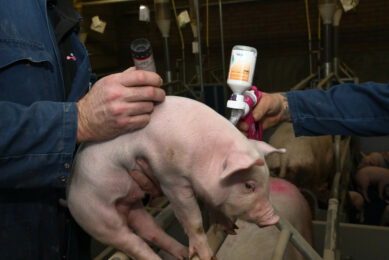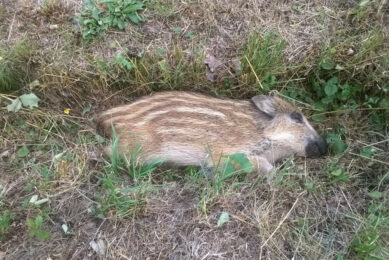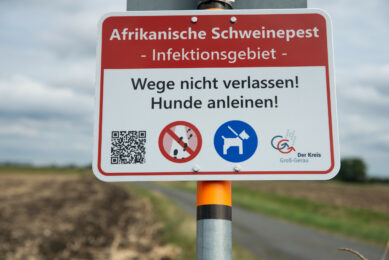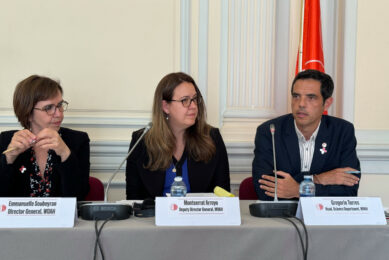On-farm in Russia (III): Optimising biosecurity after ASF
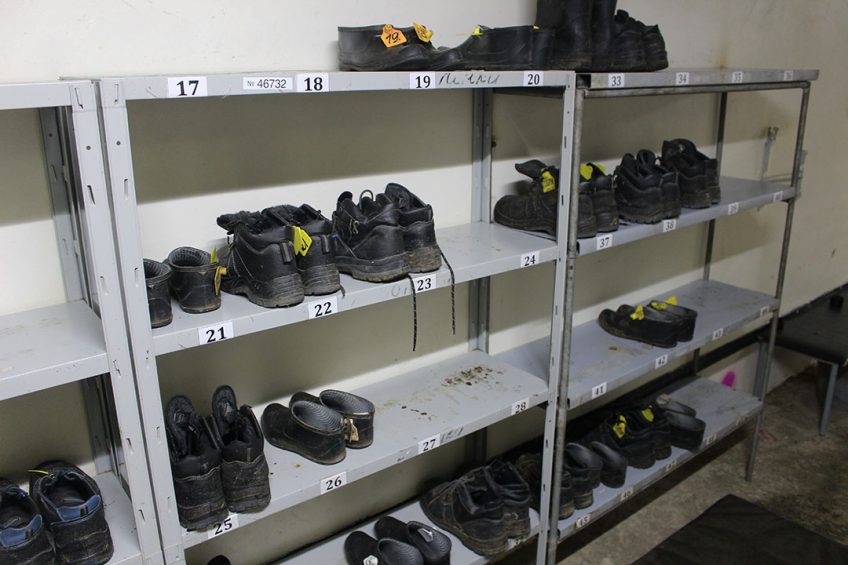
Russia is full of stories. From a visit to Cherkizovo’s brand new sow farm, called ‘Dankov Lipetsk 89’, a range of interesting tales came together. Today, part III of a four-part series from pig-producing Russia: useful biosecurity lessons regarding ASF.
Russian pig integrator Cherkizovo may be applying a lot of US knowledge, but in terms of biosecurity it exceeds the US standards. For perfectly logical reasons though, given that Russia has to deal with outbreaks of African Swine Fever (ASF), a virus that never entered the USA and which is hoped will stay that way as well.
| Additional biosecurity measures by Cherkizovo Transportation Humans Testing Mortality removal |
Fundamental changes at Cherkizovo
For Cherkizovo, this wasn’t any different, until 2014. The outbreak, already briefly described in the 1st episode this 4-episode series, led to a series of fundamental changes at Cherkizovo. It was reason to take biosecurity a lot more seriously than it had done before. “We always thought that we had our biosecurity pretty well in order,” says Brad Heron, director of the pork division at Cherkizovo.
“Only when ASF struck we realised it wasn’t enough. “What we learned from this outbreak were a few things: people are a significant risk, the virus does not spread very quickly, live haul transport was a vulnerability and government and outsourced testing was too slow to rely on.” The lessons turned into a range of measures, which are summed up in the Box ‘Biosecurity measures by Cherkizovo’.
New ASF outbreak in 2016
Despite all these stringent measures, in 2016, the virus broke once more on a 6,200 sow farm. Thanks to all measures, however, the source and cause was easy to find and so further spread could be avoided.
Mr Heron explains, “Testing protocols and GPS trackers allowed us to really hone in on possible infection points. The cause of infection was a human sneaking in an outside bag to steal semen to use on her family’s backyard pigs. We also concluded that the high cost testing programme that was put into place saved the company millions of dollars. Unlike 2014, we did not allow the virus to spread.”

Transparency about ASF outbreaks
The authorities also quickly acknowledged that it wasn’t just a random company that reported ASF – this was Cherkizovo, taking the outbreak dead seriously and being completely transparent about what happened. Mr Heron says, “It was another hard lesson for us. One thing stood out: we cannot trust the people. That is why we decided to have increased levels of showers and to increase cameras at all clean/dirty lines.”
Cherkizovo’s experiences got international recognition by now, with also US veterinary professionals wanting to learn from Cherkizovo’s experiences with ASF.
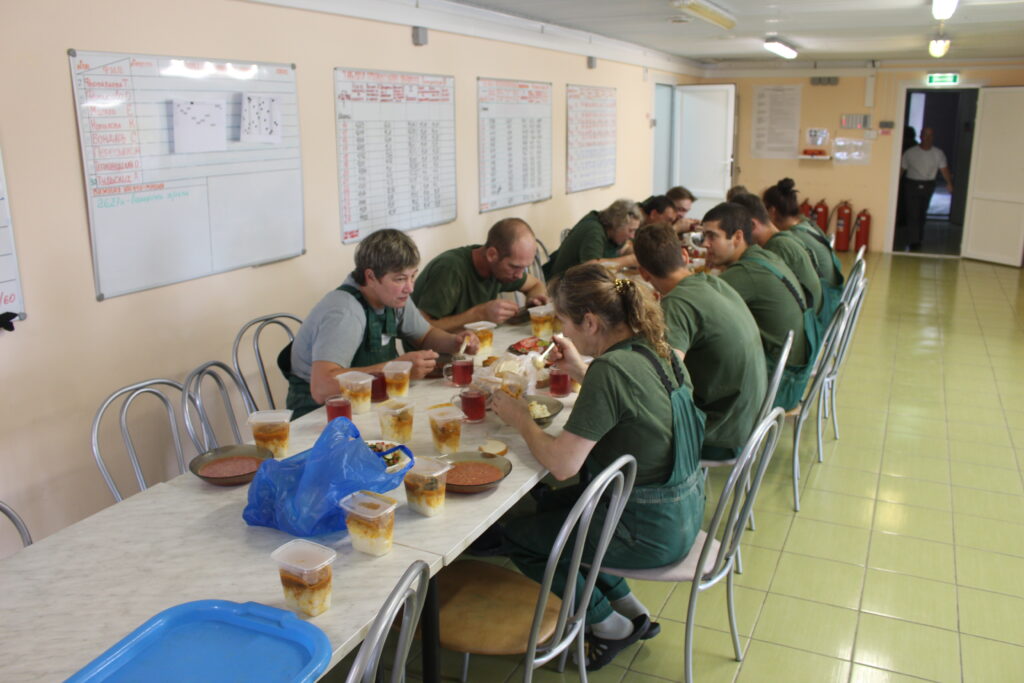
Staff at Lipstek 8 are enjoying lunch which is prepared for them. Nobody brings food in and there is strictly no pork served on the menu. Photo: Vincent ter Beek
Read the last article in the series: Part IV



